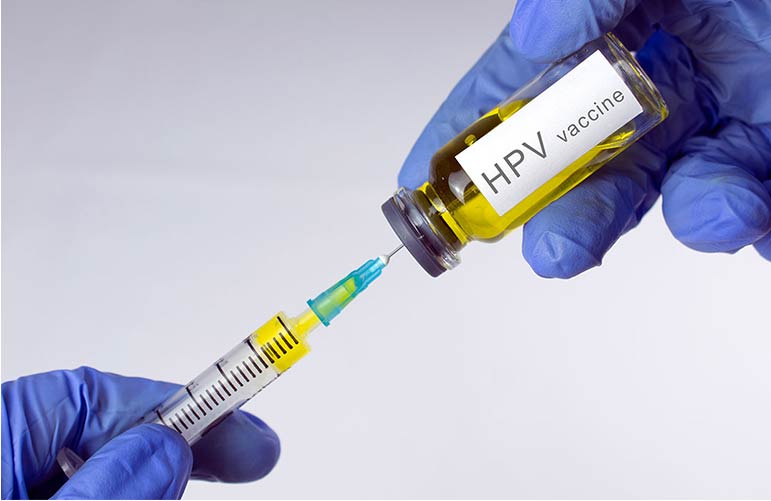
Cervical Cancer Vaccination (HPV)
The human papillomavirus (HPV) is a common viral infection that can cause skin cancer. Almost everyone will contract HPV at some point in their lives.
It is spread through genital skin-to-skin contact, vaginal, anal, or oral intercourse, and exchanging sex toys. Most strains are harmless, but some can cause genital warts and others can lead to cancer.
There is a vaccine available to prevent certain kinds of HPV, which cause the majority of genital warts and cervical cancer. It is most effective when given before having intercourse for the first time.
Human papillomavirus (HPV) is the name given to a collection of viruses that harm your skin and your body's mucous membranes. These include the cervix (womb entrance), anus, mouth, and throat.
HPV comes in a variety of strains. Most have no symptoms, resolve on their own, and pose no health risks. Some forms can cause genital warts and can progress to cervical, anal, and other malignancies.
How do you get HPV?
Skin-to-skin contact is how HPV infections spread. This is frequently accomplished through a cut, abrasion, or minor tear in your skin. HPV infections in the genital area are quite prevalent and simple to get. HPV can be obtained from the following sources:
- Without a condom or dental dam, have vaginal, anal, or oral sex with someone who has an HPV infection.
- Sharing sex toys that haven't been cleaned or coated with a new condom after each usage
- Close genital contact, HPV can be transmitted even if there is no penetration, orgasm, or ejaculation.
